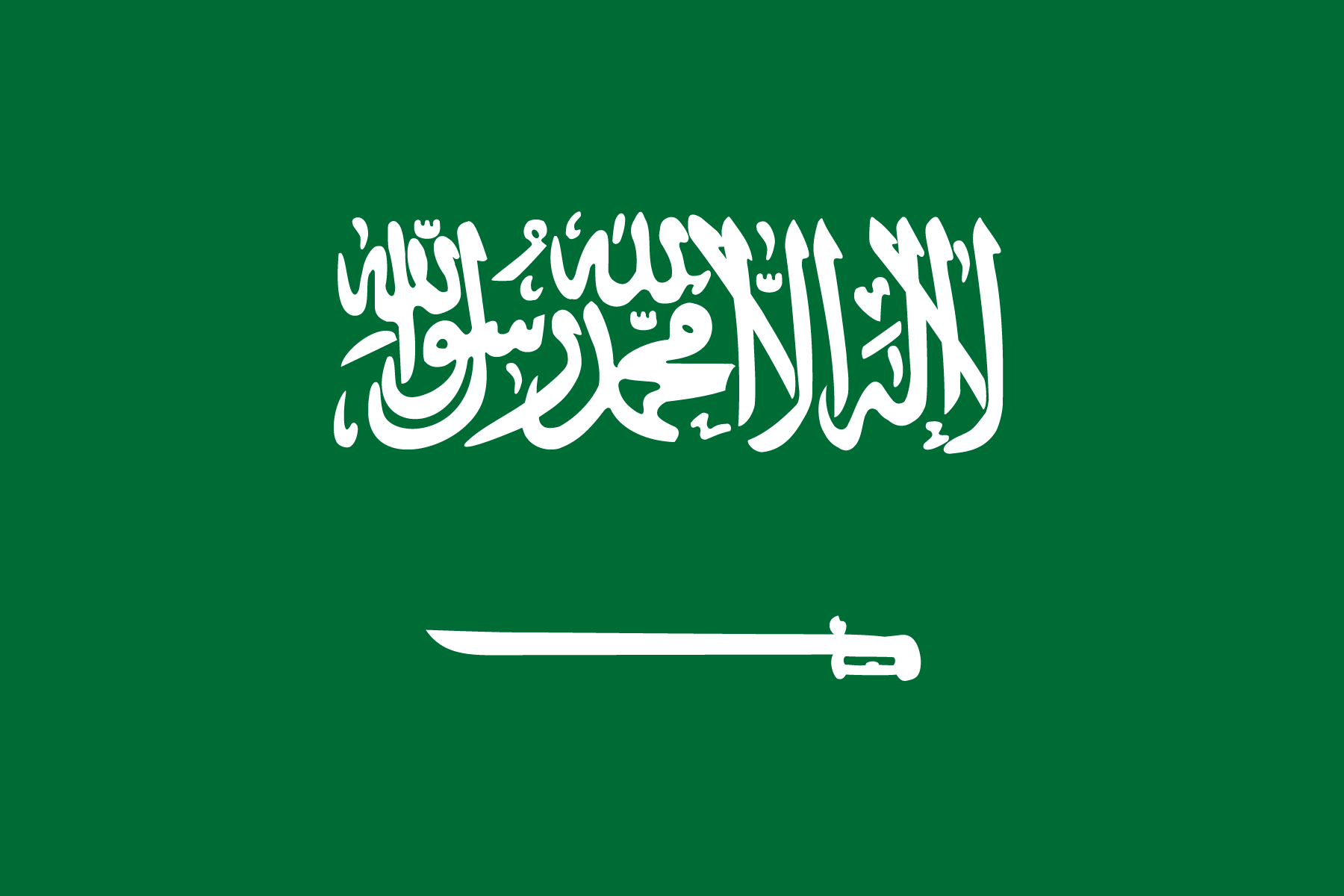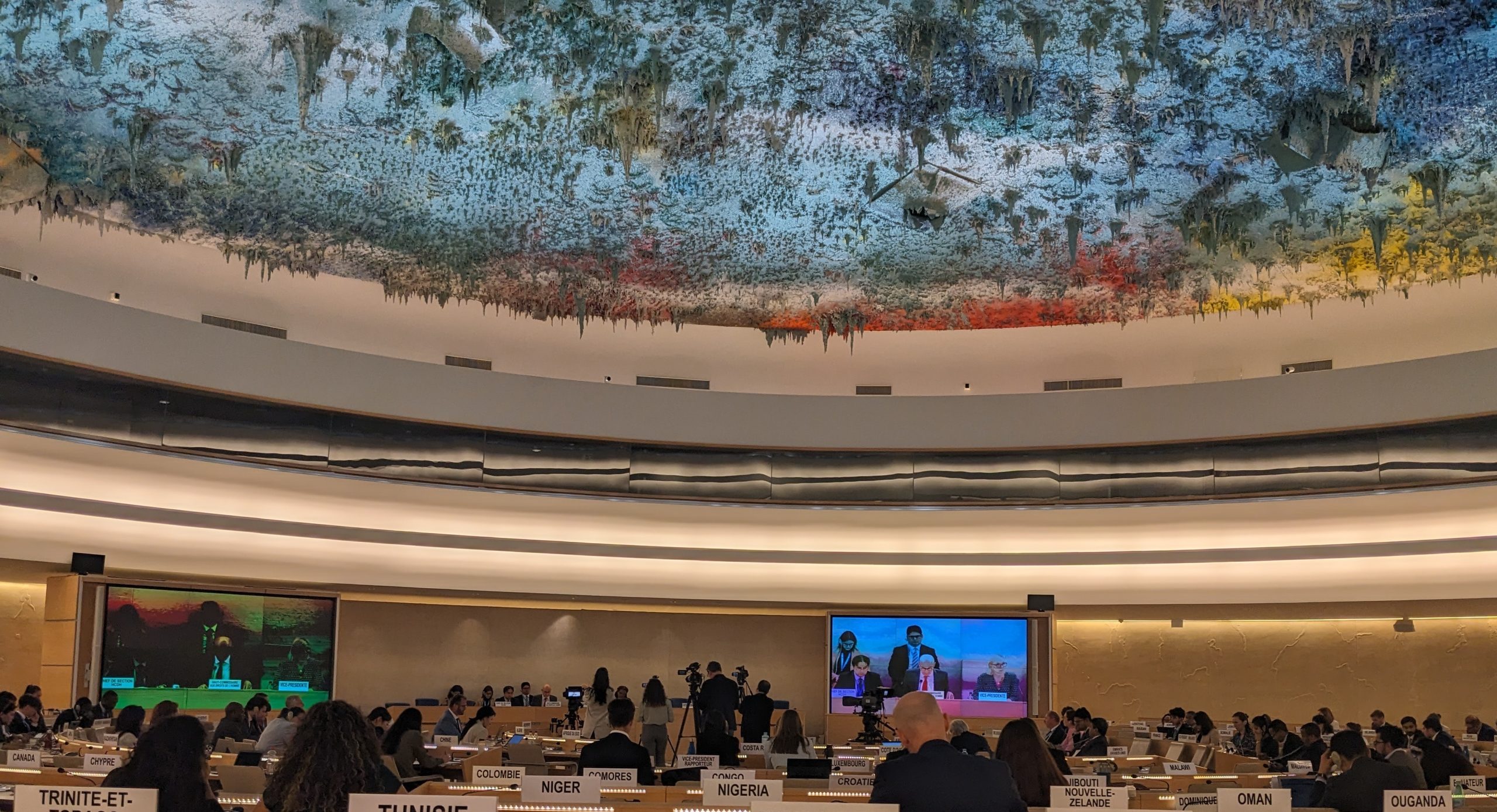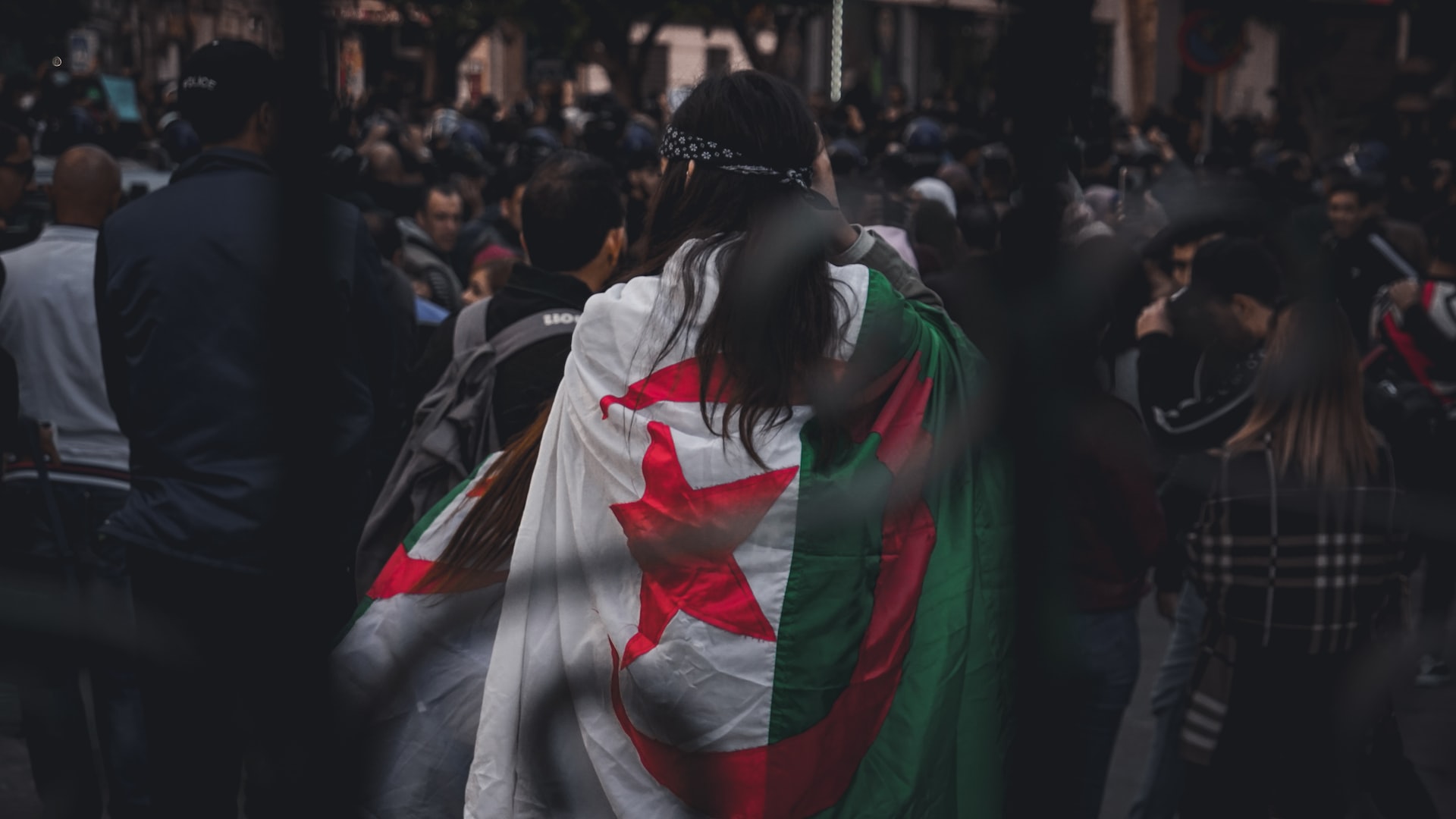Cet article existe également en français ici.
(Banjul, The Gambia) – As space for dissent and civil society activity becomes increasingly restrictive in a number of African States, ISHR brought a number of cases of key concern to the attention of the African Commission on Human and Peoples’ Rights.
In a statement to the ACHPR Special Rapporteur on Freedom of Expression and Access to Information, ISHR highlighted the threats and challenges facing human rights defenders in four African countries: Ethiopia, Nigeria, Sierra Leone and Uganda. The issues identified are emblematic of trends across the continent.
‘Legislative frameworks for the promotion and protection of freedom of opinion and expression in many African States impede human rights defenders, political activists and journalists in safely and securely conducting their work,’ said ISHR’s Advocacy and Commuications Manager, Ben Leather.
‘We regret that the government of Ethiopia has once again refused to consider reviewing the Charities and Societies Proclamation or Proclamations on Access to Information and Anti-Terrorism to bring them in line with international standards,’ Mr Leather said.
Mr Leather also encouraged the Special Rapporteur to continue to press the government of Sierra Leone to follow through on previous recommendations to repeal or amend the Public Order Act.
ISHR further expressed its concern over the ongoing and persistent targeting of journalists and media personnel in a number of African States, with media workers frequently facing judicial harassment and arbitrary detention under national security and criminal defamation laws.
‘It appears that the interests of commercial third parties further repress freedom of speech, as evidenced by Nigeria’s banning of the 2013 documentary ‘Fuelling Poverty’, which details oil industry corruption, under claims that it was a threat to national security,’ said Mr Leather.
ISHR’s statement also emphasised the importance of access to information as a human right in itself and as a necessary element of the framework for accountability, good government and the realisation of human rights more broadly.
‘The adoption of access to information bills in a number of countries is a welcome step forwards, though they must be better implemented,’ said Mr Leather. In this regard, ISHR called on the government of Sierra Leone to fully implement the Right to Access Information Bill as a step towards accountability for repressive practices; this will necessitate the repeal of legislation criminalising defamation and libel. In Nigeria, full implementation of the Freedom of Information Act must guarantee citizens the right to access public records.
‘We hope that the recommendations we make to these four countries today can be replicated throughout Africa,’ Mr Leather concluded.
Photo: Human rights defender and African freedom of information campaigner Gilbert Sendugwa



